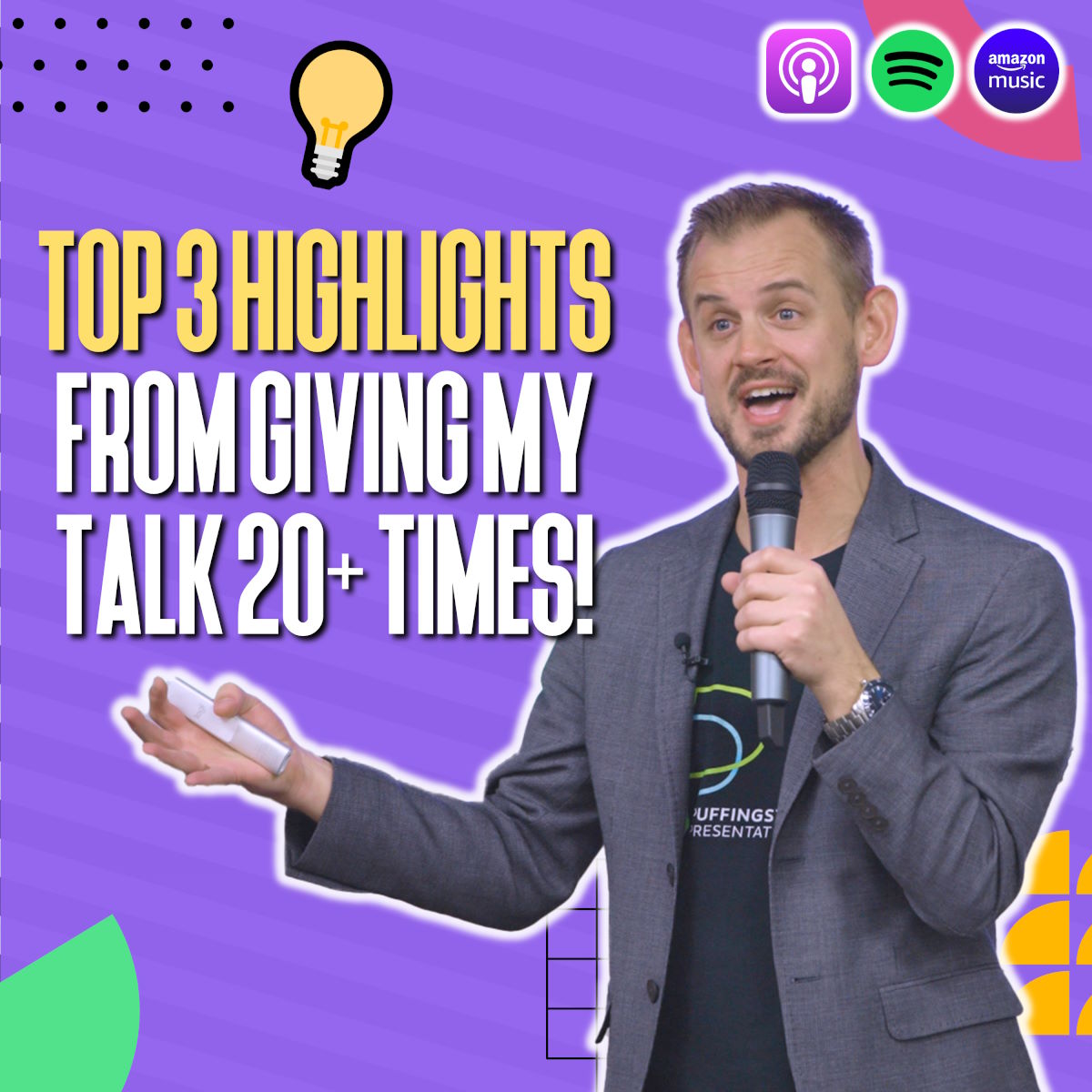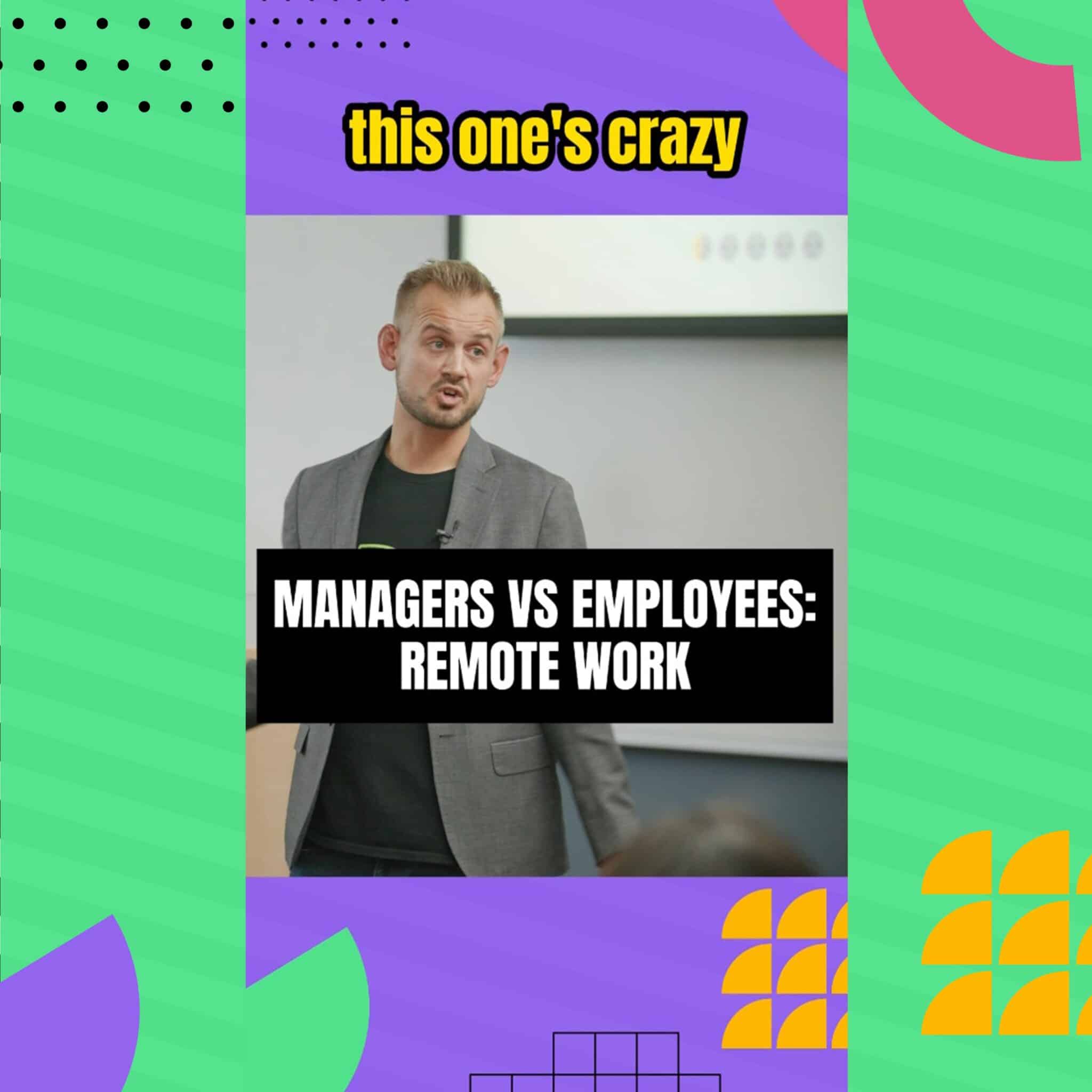When an employee decides to leave an organization, it’s easy to fall into the trap of blaming the individual, the circumstances, or even an entire generation. This reactive approach, often driven by our primal instincts, prevents us from gaining valuable insights and making necessary changes to improve employee engagement and retention.
Shifting the Narrative: From Blame to Understanding
Instead of assigning blame, savvy managers and leaders take a more introspective approach, seeking to understand the underlying reasons behind employee departures. This involves evaluating factors such as:
-
- Company culture: Does the organization foster a positive and inclusive workplace environment?
-
- Growth opportunities: Are there clear pathways for career development and skill enhancement?
-
- Work-life balance: Does the organization prioritize employee well-being and promote a healthy work-life balance?
-
- Compensation and benefits: Are the compensation packages and benefits competitive and aligned with industry standards?
-
- Communication and feedback: Is there open and transparent communication between management and employees?
- Communication and feedback: Is there open and transparent communication between management and employees?
Gen-Z and the Workplace: Dispelling Myths and Embracing Opportunities
Gen-Z, the demographic cohort succeeding Millennials, is often portrayed as lazy, disengaged, and unwilling to work. However, these generalizations fail to capture the unique strengths and aspirations of this generation. Gen-Z is characterized by its digital fluency, entrepreneurial spirit, and desire to make a positive impact on the world.
Organizations that embrace the strengths of Gen-Z and create a workplace that aligns with their values and expectations will be better positioned to attract, engage, and retain this valuable talent pool.
Strategies for Fostering Employee Engagement
Numerous strategies can be implemented to enhance employee engagement and reduce turnover:
-
- Promote a culture of learning and development: Provide opportunities for employees to acquire new skills and advance their careers.
-
- Empower employees with ownership and autonomy: Give employees a sense of ownership over their work and the freedom to make decisions.
-
- Foster open communication and feedback: Encourage regular communication between management and employees, creating a safe space for feedback and suggestions.
-
- Recognize and reward achievements: Acknowledge and celebrate employee accomplishments to boost morale and motivation.
-
- Prioritize employee well-being: Implement initiatives to promote work-life balance and support employee mental and physical health.
- Prioritize employee well-being: Implement initiatives to promote work-life balance and support employee mental and physical health.
Conclusion: Moving Beyond Primal Instincts
By adopting a proactive approach to employee engagement and retention, organizations can move beyond primal instincts and create a workplace that attracts, motivates, and retains top talent. By understanding the unique needs and aspirations of Gen-Z and embracing their strengths, organizations can position themselves for success in the ever-evolving world of work.





